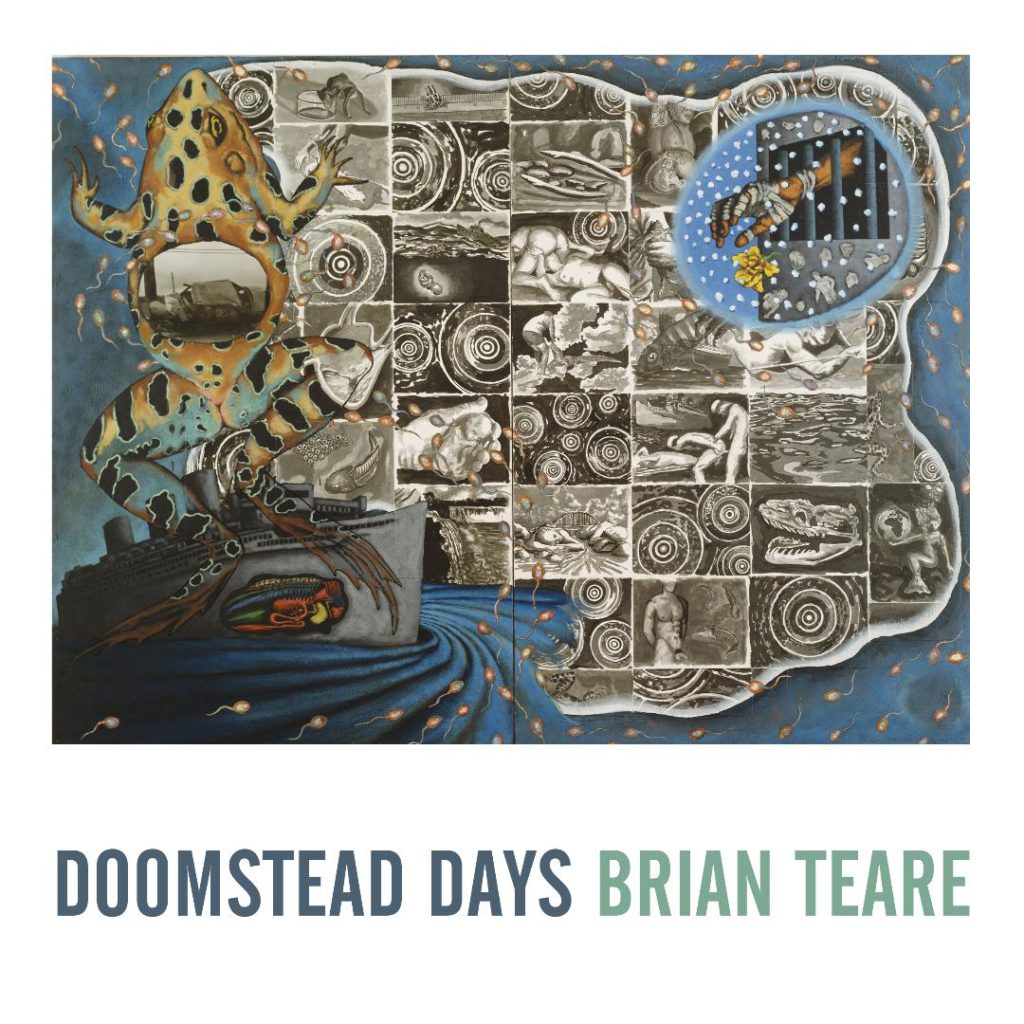
Winner of the 2020 Four Quartets Prize
2019 Kingsley Tufts Award Finalist
2019 National Book Critics Circle Award Finalist
2019 National Book Award Longlist
2020 Lambda Literary Award Finalist
R E V I E W S
New York Times review by Tess Taylor
Dispatches from the Poetry Wars essay by Lynn Keller
The Believer review by Marie Scarles
Under a Warm Green Linden review by Ben Rutherford
On the Seawall review by Page Hill Starzinger
Colorado Review review by Andrew Seguin
Lambda Literary review by Trevor Ketner
Rain Taxi review by John Bradley
Full Stop review by Jay Aquinas Thommpson
I N T E R V I E W S
Writing Ecopoetry During Doomstead Days:
Edge Effects Podcast with Lynn Keller
A Promiscuous Formalist: Interview with Richard Sharpe
Not Digression, But Addition; or, Dear Erica:
A Conversation with Erica Bernheim
New Writing through the Anthropocene:
PennSound podcast #63: Allison Cobb and Brian Teare
with Julia Bloch, Knar Gavin, and Aylin Malcolm
Gorgeously constructed, the poems of Brian Teare’s Doomstead Days braid breathtaking leaps of narrative with lyric disjunction, grounding them in a music that goes anywhere it wants but never ceases to stay the course or soothe the ear. While Thoreau sauntered, this poet hikes America’s “protected” yet poisoned lands, wades through urban asphalt runoff, stands at the end of coastal and human health––all while measuring our out-of-whack habitat with the care and accuracy of a land surveyer. Equipped with a moral vision, keen observational powers, and his flawless ear, Teare’s walking thinks itself toward new ground in our hurt world. How Teare manages to tell the complicated history of our complicity with such generosity, compassion and love is a mystery. Doomstead Days, as expansive as it is damning, is both a triumph and a cry. It may just be the field guide to our future. — Gillian Conoley
With a lyric that is precise without merely operating, Brian Teare restores to the reader the “dark startle” of our own complicity in the fouled world, while also acknowledging the desire “to go on wanting / to catch the rhythm // of being open, / critical, & also glad.” The poems of Doomstead Days have not been made in despair, but through it. With them, we are joined together, and continue. — Joan Naviyuk Kane
Near the end of this beautiful and various and terrifying book we meet the Anthropocene with its singular wide sex and it is, in Brian Teare’s description, “biospheric,” implying that it’s all of us, just as God or God’s monster is all of us. And from the streets and toxic rivers of Philadelphia to the green of Vermont Doomstead Days details that all, with sustained and sustaining attention to our desires and failures to get across, to depart, to cross over—via image, via thought, via motion—into knowledge itself, to be “married to the world// alive with the feel/ of mortal knowledge.” And Brian Teare, at the very end of things, cautions us that “the world is awake”; and that “it is the gender/ that remembers everything.” Read and remember this book. — C. S. Giscombe
